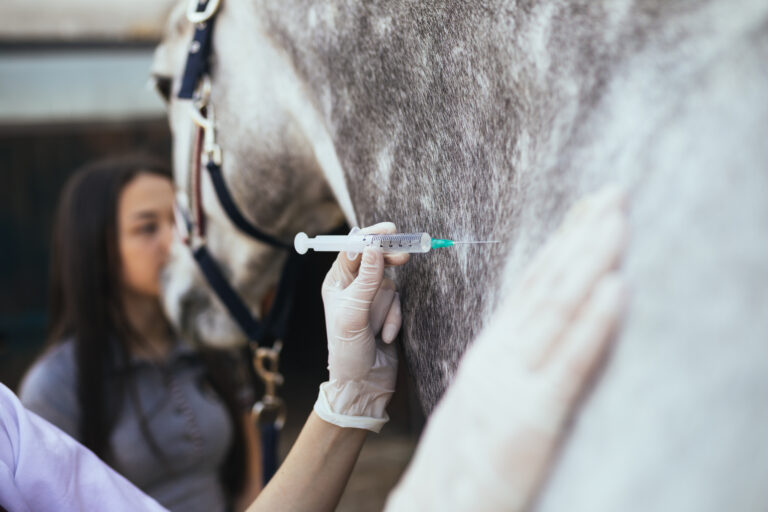
On March 31, the Canadian Animal Health Surveillance System reported to the Equine Disease Communication Center http://equinediseasecc.org/ one case of strangles in New Brunswick. The onset of clinical signs was discovered on March 13 when a provincial veterinarian was called in to examine a horse with an abscess. The practitioner took a sample because of a suspicion of strangles due to the location of the abscess and clinical signs.
On March 19, the testing laboratory reported Streptococcus equi subspecies equi (strangles).
There are other horses on the premise where the horse tested positive. A quarantine of the premises is in place along with visitor restrictions. The horses are being monitored and are being provided with follow-up care.
This latest case of strangles is in the south-eastern part of the province and not related to other cases reported.




